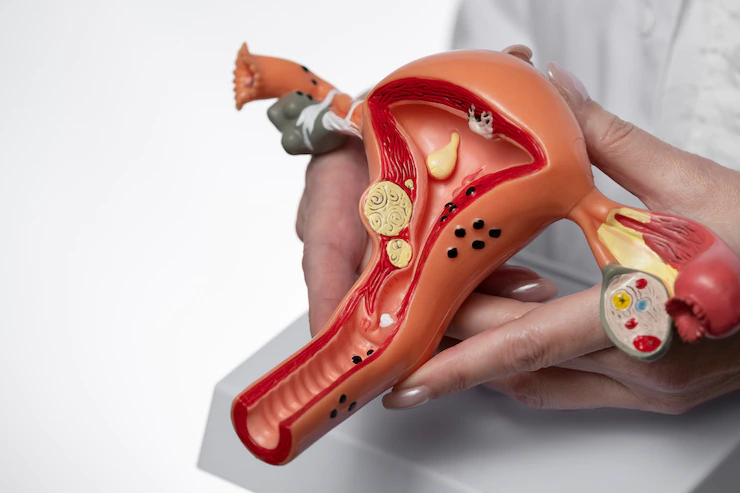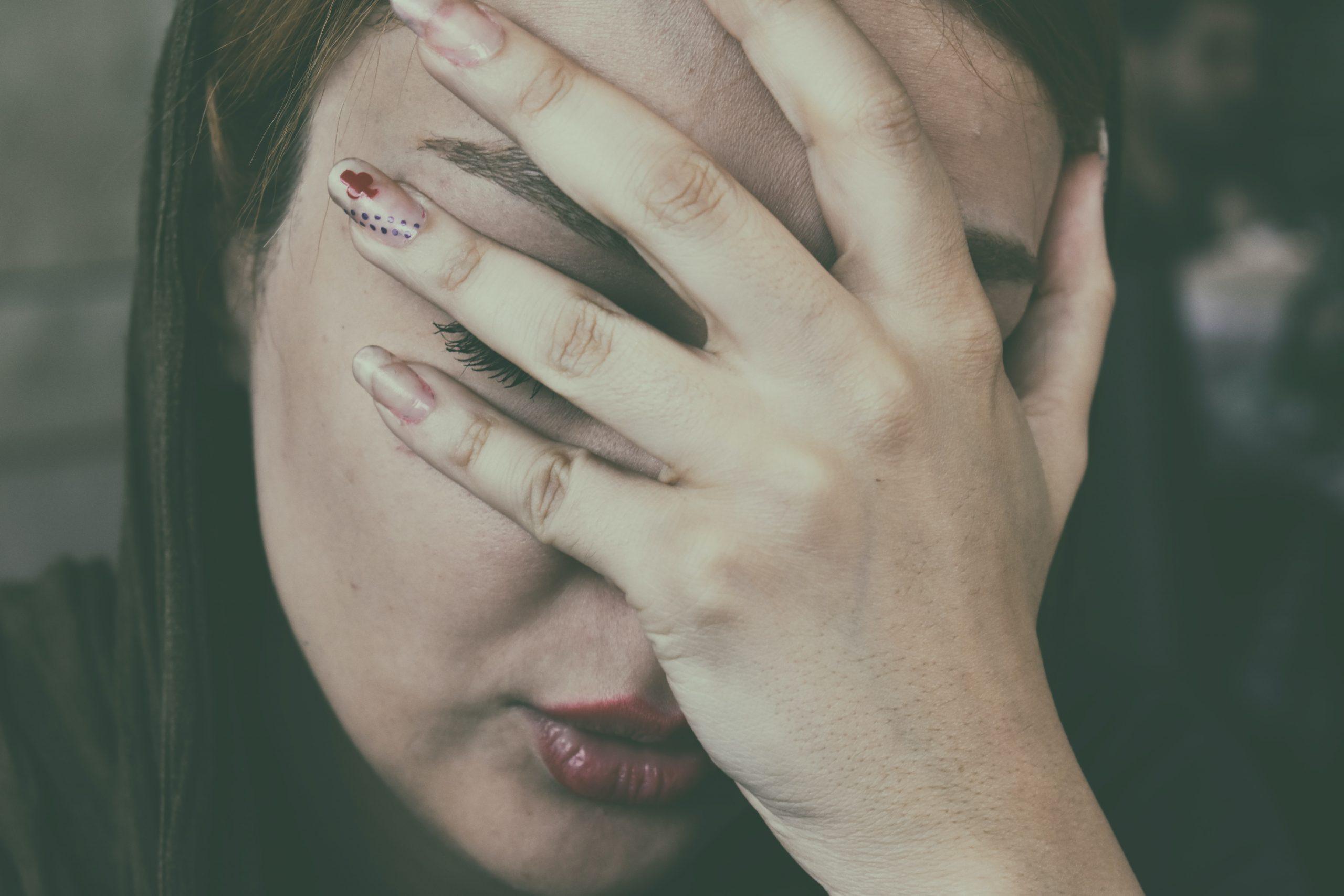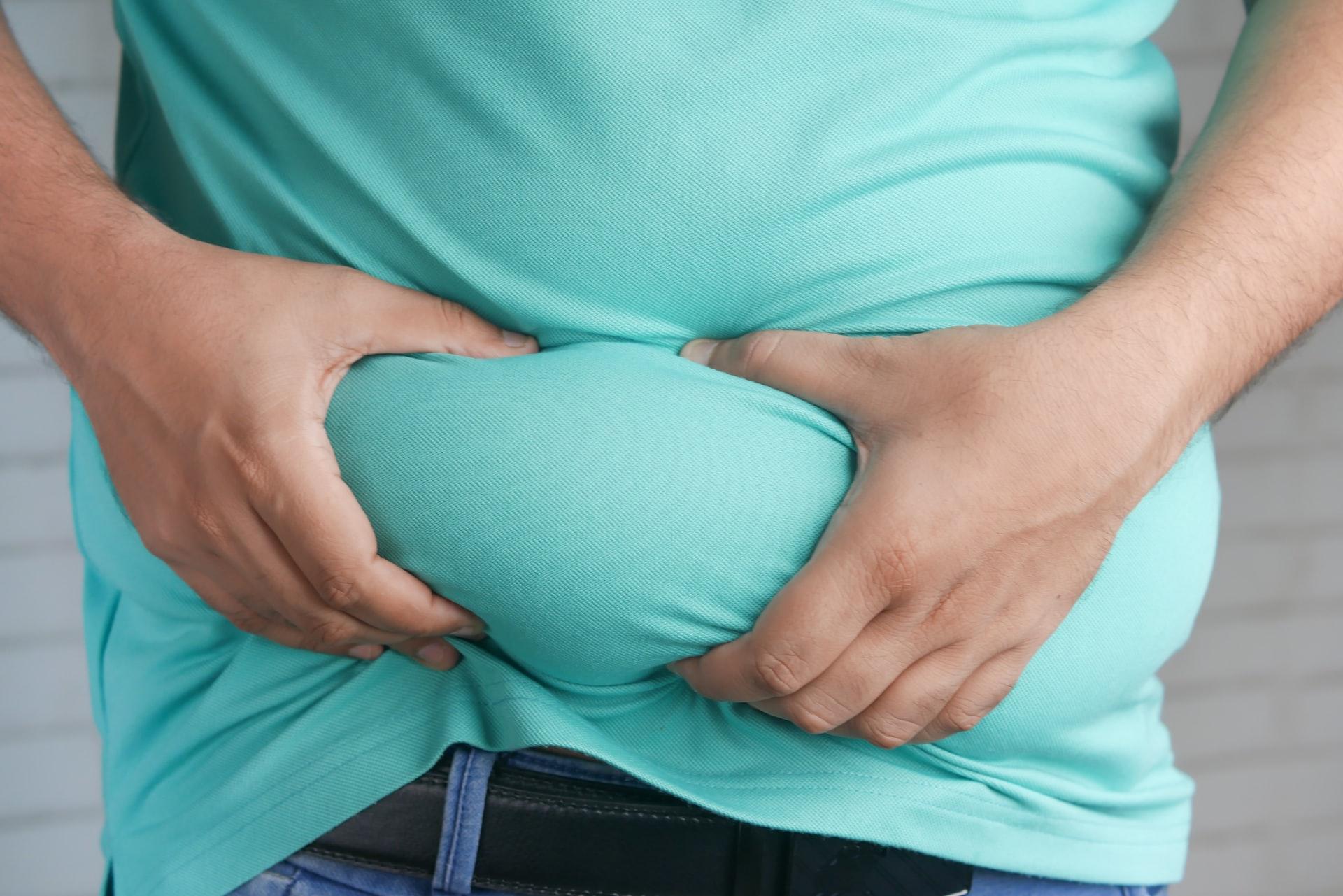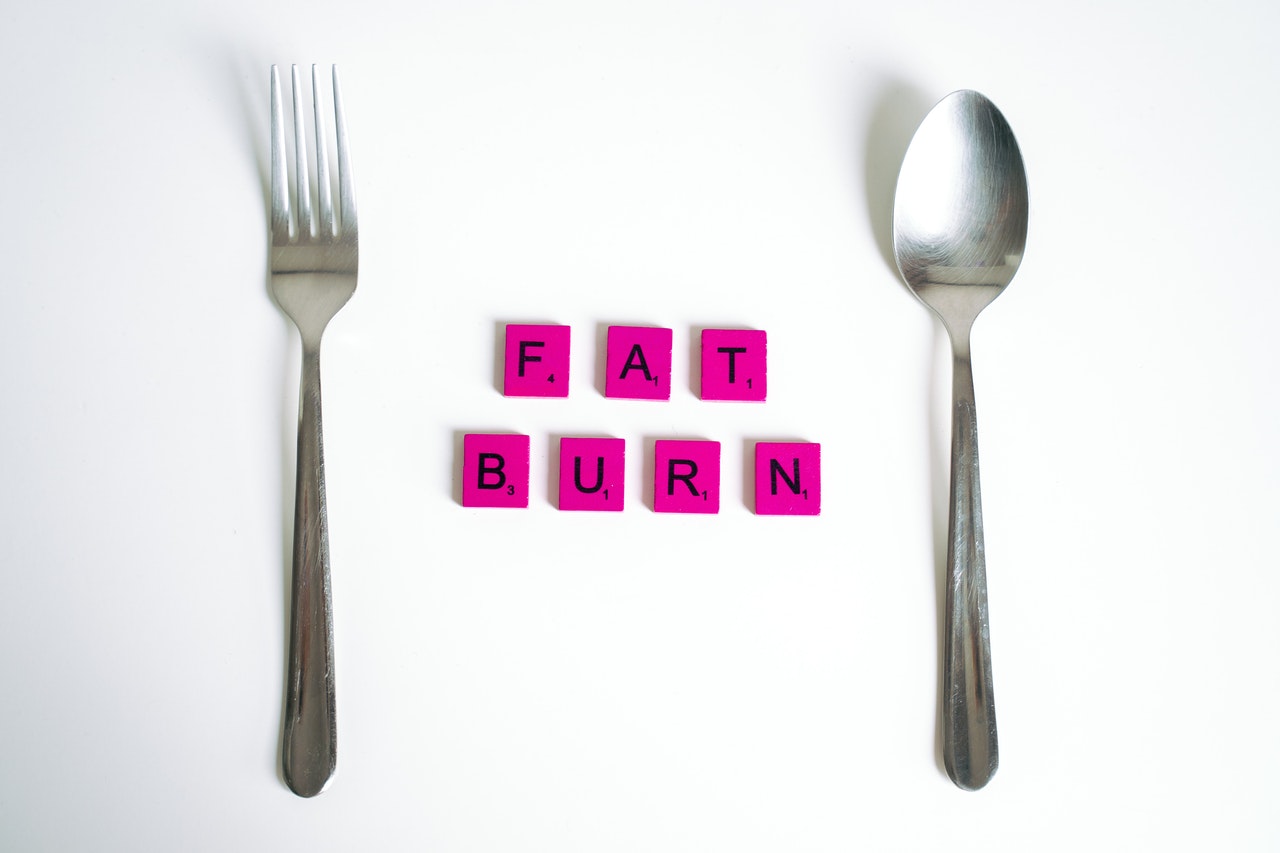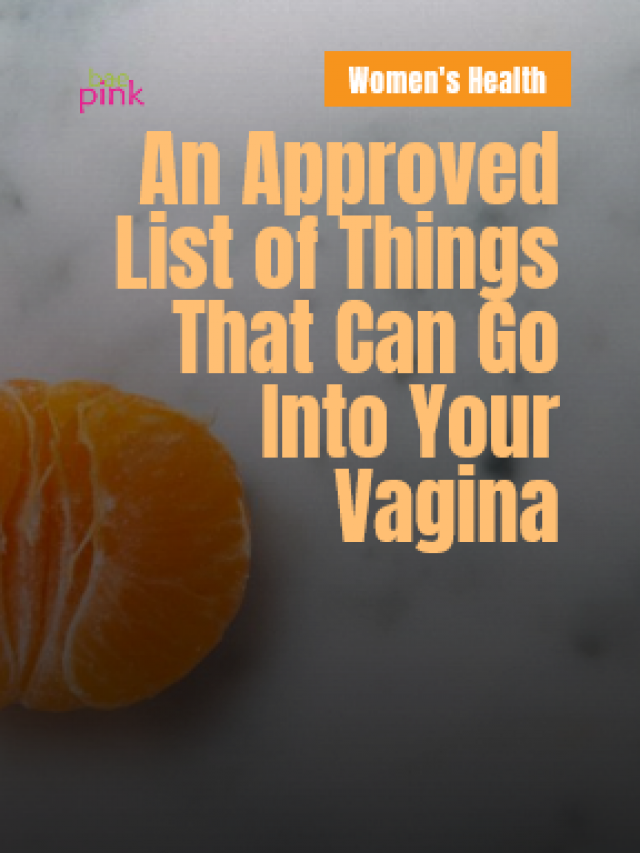Heavy Menstrual Bleeding simplified
“Heavy Menstrual Bleeding” (HMB) or “Menorrhagia” is menstrual bleeding that continues for more than seven days and additionally bleeding is very heavy.
If you need to change your pad or tampon after less than 2 hours otherwise you pass a quarter or larger size of clots, which is heavy bleeding. It is too heavy if it is affecting your daily life and the loss of blood is making you feel physically weak. If you have this type of bleeding, you have to see a doctor.
Centers for Disease Control and Prevention
On average 9 to 14 out of 100 women have heavy menstrual bleeding or heavy periods. Many women experience symptoms like cramps, pain, and irregular or very heavy bleeding throughout their period or PMS before menstruation. Menstruation that lasts longer than 5 to 7 days is considered prolonged menstrual bleeding. These two problems generally occur together as they often have the same underlying cause.
If you need to change your pad or tampon after less than 2 hours otherwise you pass a quarter or larger size of clots, which is heavy bleeding.
Heavy menstrual bleeding can be a sign of an underlying health problem that requires treatment. Blood loss from heavy periods can also cause a condition called iron deficiency anemia. Severe anemia can cause shortness of breath and increase the chances of heart-related problems.
Causes of Heavy Menstrual Bleeding.
Many things can cause heavy menstrual bleeding. Some of the causes include the following:
- Uterine-associated problems such as uterine fibroids or polyps, Cancer of the uterus or cervix, Certain types of birth control, miscarriage, or ectopic pregnancy, can cause abnormal bleeding.
- Hormone-associated problems.
- Other ailments or disorders
- Bleeding-related disorders like platelet function disorder, Von Willebrand Disease (VWD)
- Nonbleeding-related disorders like pelvic inflammatory disease, liver, kidney, and thyroid disease; and cancer.
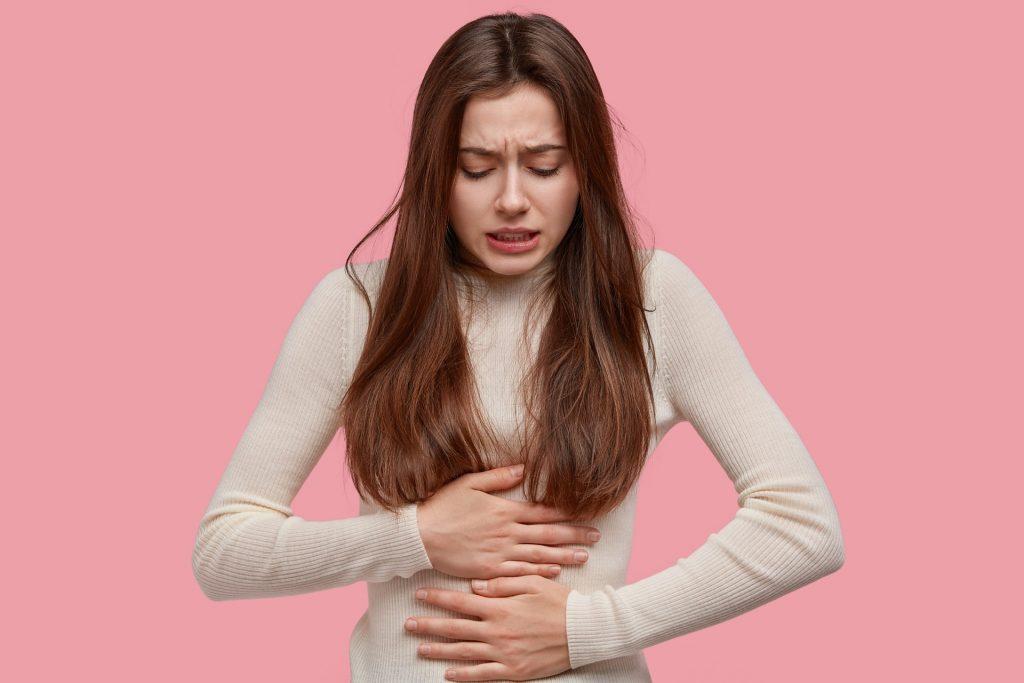
In addition, some drugs, like aspirin, can cause increased bleeding.
Treatment options for Heavy Menstrual Bleeding.
There are various treatment options available for women who have heavy menstrual bleeding such as medication, hormonal contraceptives, and surgery. These all treatments have their advantages and disadvantages and sometimes do not show adequate efficiency.
A wide variety of herbs are used to deal with gynecological diseases, which include heavy menstrual bleeding and irregular menstrual cycles. Also, some home remedies and supportive tools or lifestyle changes can help to reduce symptoms and make a heavy period easier to manage.
Home remedies for Heavy Menstrual Bleeding.
Ginger (Zingiber officinale)
Ginger has anti-inflammatory and inhibitory effects against prostaglandin synthesis, related to menstrual pain and excessive blood loss. Ginger can be a highly effective treatment in reducing menstrual blood loss and promoting the quality of life of young women. It is cheap, easy to use, and has fewer side effects than other medications and invasive approaches. Ginger may be considered an effective therapeutic alternative for Heavy Menstrual Bleeding. Ginger mixed in different food and drinks may help.
Asoka (Saraca asoca)
Asoka is considered an important medicine for different gynecological problems, especially for menorrhagia. As an astringent, the bark of Asoka is used which helps in stopping excessive uterine bleeding during periods. Powdered bark of Asoka mixed with honey, which is used for the treatment of menorrhagia/DUB.
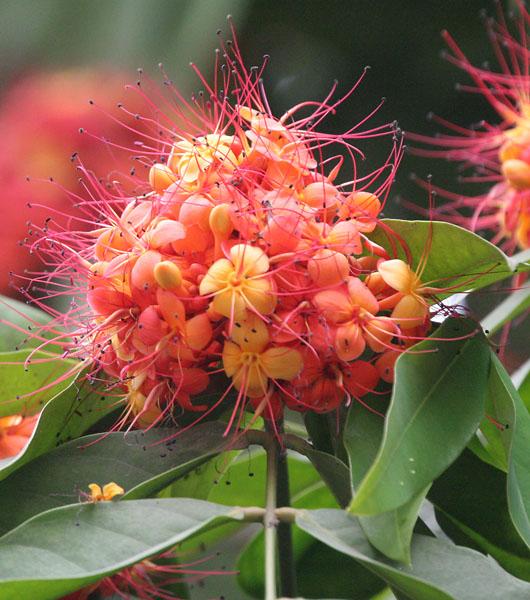
Vitamin A
Vitamin A serum levels in women with menorrhagia are lower than in healthy women. One study used vitamin A to treat 40 women with menorrhagia due to different causes. Menstruation returned to normal in 23 patients and was reduced in 14. Only 3 of the 40 women had ineffective results, so approximately (92.5%) of women were shown to have some relief with vitamin A.
Add foods like cheese, eggs, oily fish, milk, yogurt, fortified low-fat spreads, and liver to your diet as these are some vitamin A-rich sources of food.
Vitamin C and Bioflavonoids
Vitamin C as well as bioflavonoids, help to reduce heavy bleeding by making the capillaries stronger and preventing them from becoming fragile. Also, vitamin C can help women who have suffered from menorrhagia with iron deficiency, by increasing iron absorbency.
Add some vitamin C-rich sources of foods to your diet. Citrus fruits (like oranges), peppers, strawberries, blackcurrants, broccoli, brussels sprouts, and potatoes are rich sources of vitamin C.
Cinnamon
Cinnamon significantly reduces the amount of menstrual bleeding, pain, nausea, and vomiting in female college students. In addition, cinnamon and turmeric both are having equal effectiveness to reduce dysmenorrhoea. Cinnamon consumed through food or beverages may help.
Acupuncture
Acupuncture is effective in the treatment of menorrhagia. A study reported that of 30 uterine bleeding cases treated, the bleeding stopped within 7 days in 80% of the cases and within 10 days in 13.3% of the cases, resulting in a “total effective rate” of 90%.
Myrtle (Myrtus communis L.) fruit syrup
One study documented that, there was a statistically significant reduction in menstrual duration and blood loss as 15 mL of myrtle syrup daily for 7 days orally given. Overall, myrtle syrup was more effective in the treatment of endometrial Heavy Menstrual Bleeding.
Leaving behind
A heavy period is very common, and various treatments can help with managing it. Lifestyle, supplements, and medications can help to reduce symptoms. Even when women can manage their heavy flow, it is still best to consult a doctor. For some women, doctors recommend additional medication or surgery.




